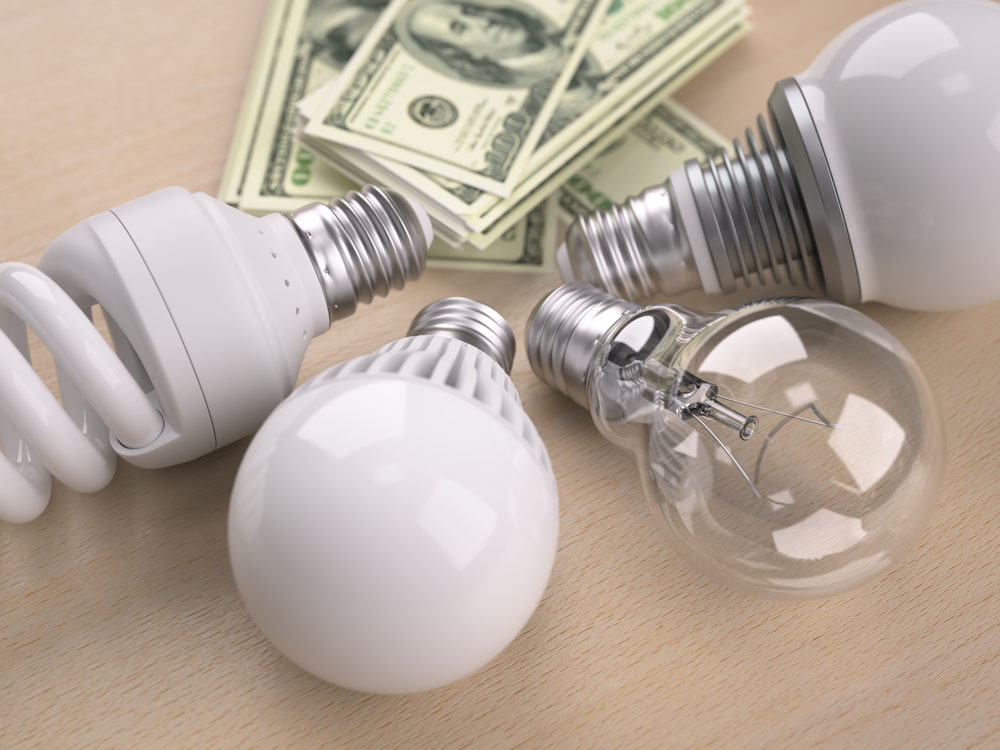Are you upgrading your Dover, Delaware, home? If you’re approaching a remodel, you have a great opportunity to focus on your impact on the environment. Give your home some eco-friendly upgrades by using energy-efficient appliances and lighting, avoiding products with VOCs, and reducing your water usage.
Switch to Energy-Efficient Appliances
If you’re installing new appliances as part of your home upgrade, look for those that are Energy Star–certified appliances. These options use less energy than conventional models, thus putting less strain on the environment. You can find refrigerators, ranges, and washers and dryers that use less energy. Choose an energy-efficient HVAC system to support your home’s comfort with minimal utility expenses.
If you want to update your home without the hassle of remodeling, consider an appliances-only upgrade. Swapping out appliances that are reaching the end of their lifespan for newer, more functional models will improve your home’s functionality and value.
Propane, in particular, is environmentally friendly, reliable, and safe as a fuel source for your home. You can use propane to power your home’s heating system, cooking appliances, and generators. Homeowners who install propane systems in their homes can often qualify for tax rebates.
Use Responsibly Sourced Materials
When you’re choosing materials for your home upgrade, look for those that won’t do significant damage to the environment when they’re sourced. Educate yourself about what goes into various options so that you can choose materials that are easier on the environment. Linoleum, made from linseed oil, is a better choice than vinyl, which is a plastic product made with harmful substances. Bamboo and cork grow quickly, so they’re easier to replenish than hardwood with its harvesting practices that can contribute to deforestation.
The Greenguard Environmental Institute and Forest Stewardship Council certify responsibly sourced products. Take the time to thoroughly research your choices to make sure your home upgrades are eco-friendly ones.
Avoid VOCs
A range of seemingly innocent products can emit hazardous gases known as VOCs (volatile organic compounds). These compounds react either to the nitrogen oxide in the air or with organic compounds inside your body to cause harm. Their impact can range from a pesky headache to increased risk for cancer. VOCs are invisible to the naked eye, and they’re often odorless, so you can’t detect them without targeted testing.
The best way to avoid VOCs is to steer clear of known offenders that produce them. VOCs are off-gassed from manufactured materials for weeks, months, or years. The better your home’s air circulation is, the sooner your home’s indoor air quality will return to normal. Stick with products that don’t off-gas VOCs.
Common offenders include carpeting, vinyl flooring, paint, upholstery fabrics, and composite wood products. Read product labels and look for those that proclaim no or low VOCs. If you don’t see this wording on the label, you run the risk of getting involved with VOCs.
Use the Right Lights
Lighting is a common feature of home upgrades. Whether you’re updating major fixtures for more attractive options or you’re adding task lighting to your home to enable you to more easily handle everyday jobs, you want to think about the energy use associated with your installations.
You can find several options for energy-efficient lighting on the market today: halogen incandescent, compact fluorescent lamps, or LED lighting. Take time to learn more about your lighting choices and choose eco-friendly products that meet your functional needs.
Reduce Your Water Use
If your remodel is taking place in the bathroom or kitchen, you can include features that will reduce your water use so that you can live lighter on the earth. Install a water filter on your faucet so that you can stop buying bottled water and limit the amount of plastic you’re dumping in the environment. Low-flow toilets and showerheads also use less water. A flow reducer can produce the same effect in a sink. Think carefully about the resources you use each day and add upgrades that will decrease the amount in which you use them.
If you need help choosing the most energy-efficient appliances for your home, contact our home professionals at Griffith Energy Services at 888-474-3391. We can help you think about your home’s heating and air conditioning needs and pick products that will keep you comfortable with minimal cost and environmental impact. Get in touch with us today so that you can create a more eco-friendly living space.
Image provided by Shutterstock




